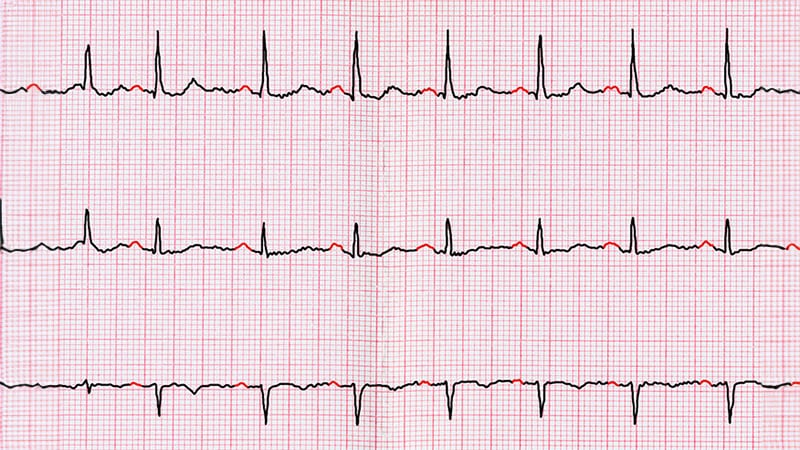Takeaway
- In patients with atrial fibrillation (Afib), direct oral anticoagulants (DOAC) commenced in a median of 5 days after recent cerebral ischaemia stroke is associated with a lower risk for adverse clinical outcomes compared with vitamin-K antagonists (VKA).
- This benefit is mainly driven by decreased risk for intracranial haemorrrhage (ICH).
Why this matters
- DOACs are often commenced earlier in clinical practice, however, not much is known about the safety and effectiveness of this approach.
Study design
- Individual patient data analysis of 7 prospective cohort studies involving 4912 patients with Afib and a recent cerebral ischaemia and minimum follow-up of 3 months.
- Primary outcomes: occurrence of the composite endpoint of recurrent AIS, ICH and mortality.
- Funding: None disclosed.
Key results
- Of 4912 patients, 2256 (45.9%) received VKA and 2656 (54.1%) DOAC.
- Median time from index stroke to the start of oral anticoagulation was 5 days (interquartile range [IQR], 2-12 days) with no significant difference between patients receiving VKA and DOAC (P=.53).
- During the total follow-up of 5970 patient-years, 262 patients had AIS (4.4%/year), 71 had ICH (1.2%/year) and 439 patients died (7.4%/year).
- DOAC vs VKA treatment was associated with lower risks for the composite endpoint (HR, 0.82; P=.05) and ICH (HR, 0.42; P<.01)
- Risk for recurrent AIS (HR, 0.91; P=.5) and mortality (HR, 0.83; P=.09) did not significantly differ between DOAC and VKA treatment.
Limitations
- Observational, non-randomised study
- Choices of anticoagulation were influenced by unmeasurable factors associated with individual physician’s decision.
References
References



